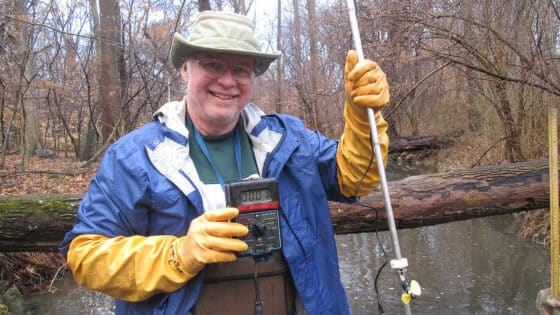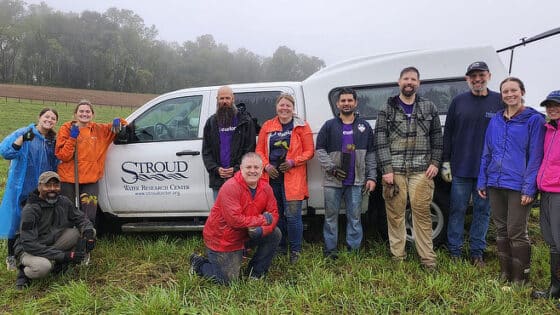What influences the health of a stream system? Since its inception, Stroud Water Research Center has focused its efforts on answering this question. For many years, we have known that water chemistry, biological communities, in-stream habitat, and riparian forests are critical factors in stream health. But we also know that a watershed’s land use and management matter. In recent years, the Stroud Center has broadened its watershed restoration approach to promote sound agricultural land management.
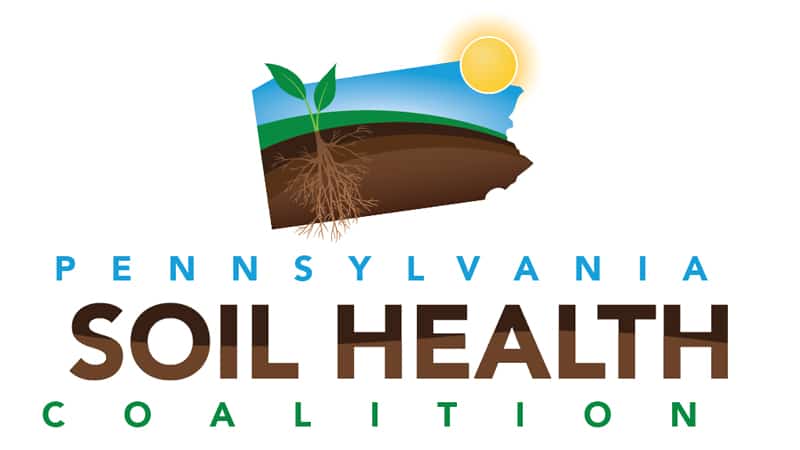
In 2016, the Stroud Center teamed up with farmers in the Pennsylvania No-Till Alliance who were touting the water-quality benefits of improving soil health. The partnership has continued to evolve, with the Stroud Center playing a central role in launching the Pennsylvania Soil Health Coalition in 2020.
“We have so many people and organizations in our state doing wonderful work to advance soil health. This coalition provides an opportunity for better collaboration of our efforts,” says Lisa Blazure, soil health coordinator and project lead for the Stroud Center. The coalition includes sixteen founding organizations ranging from non-governmental organizations to educational institutions and government agencies.
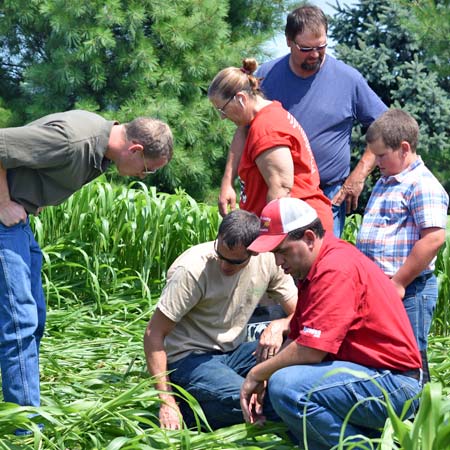
The Stroud Center recognizes that healthy streams need healthy watersheds. In urban or agricultural settings, this can be a challenge. Promoting practices and management that improve soil health can be a very cost-effective way to reach water-quality goals.
Healthy soils absorb more rainwater, so there is less soil erosion and overland storm flow to streams. The risk of pollutant transport from agricultural fields is lower because healthy soils require less fertilizer and pesticides.
The coalition will focus on farmer support, educational events, and research projects. It will advance our understanding of how healthier soils improve the sustainability of farm operations while meeting environmental goals, including the sequestration of atmospheric carbon, which is crucial to climate change mitigation.
“The coalition has brought together partners that all have an important influence on improving the Chesapeake Bay and the productivity of our soils. The No-Till Alliance strives to provide quality education events, a “farmer-to-farmer” support network, and regional soil health hubs to engage farmers.” – Jim Hershey, President, Pennsylvania No-Till Alliance
The efforts of these partner organizations have propelled Pennsylvania as a national leader in the adoption of no-till planting and cover crops – two key practices for building soil health. According to the 2017 Census of Agriculture, the state ranks sixth in the nation for acres in no-till planting (67%) and third for commodity acres planted with covers (37%). But there is still the opportunity for additional growth.
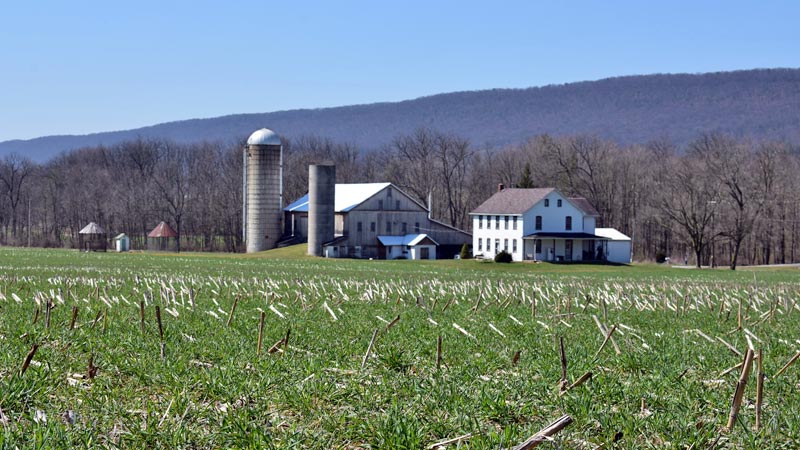
Spring growth of a ryegrass cover crop. 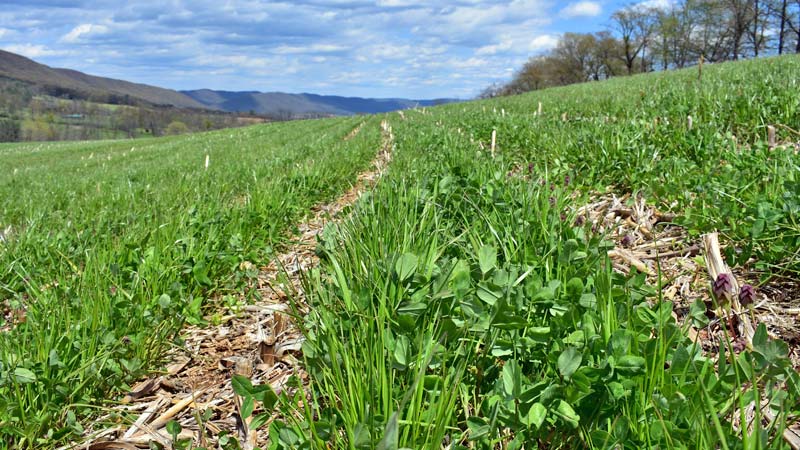
Interseeded crimson clover and ryegrass cover crop.
The coalition is supported by the National Fish and Wildlife Foundation’s Chesapeake Bay Stewardship Fund, which receives funding from the U.S. Environmental Protection Agency, NRCS, and Altria. The fund promotes community-based efforts to develop conservation strategies to protect and restore the Chesapeake Bay’s diverse natural resources. The coalition strives to increase the adoption of soil health practices to meet both water quality and farm production goals.
“Healthy soils are a win for the farmers, a win for the environment, and a win for society, with the ability to grow healthy foods in a more sustainable way,” says Blazure.


